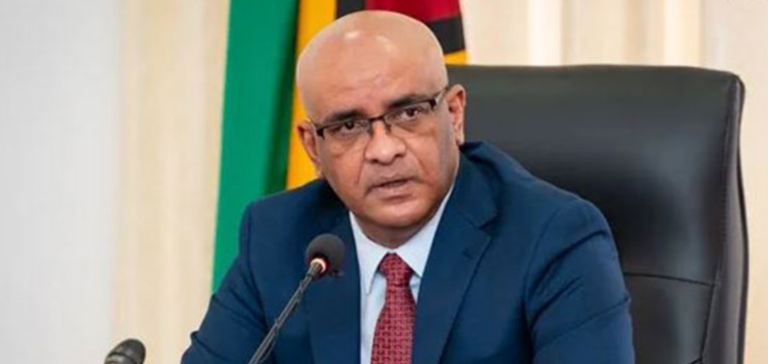The recent announcement by Guyana’s vice-president, Bharrat Jagdeo, concerning the possible establishment of military bases in the Essequibo, has attracted increased international attention. This oil-rich region is the subject of a long-standing territorial dispute with Venezuela. Guyana’s renewed interest in defending its national interests comes against a backdrop of growing tensions with its neighbor, exacerbated by the approach of a controversial referendum organized by Caracas.
Oil discoveries and their repercussions
In 1899, an arbitration decision awarded the Essequibo to Guyana. However, since the discovery of oil reserves by ExxonMobil in 2015, Venezuela has redoubled its efforts to lay claim to this 160,000 km² territory. The Venezuelan referendum aims to challenge this arbitration decision and propose the granting of Venezuelan nationality to Essequibo residents.
Guyana and the Defense of its Interests
In a move designed to maintain peace while preparing for any eventuality, Guyana is moving towards closer military collaboration, particularly with the United States. The forthcoming visit of two delegations from the US Department of Defense underlines this orientation. This initiative comes at a time when Guyana has referred the dispute to the International Court of Justice (ICJ), although Venezuela disputes its jurisdiction.
The Role of the International Court of Justice
The situation is further complicated by the fact that Venezuela, with the world’s largest proven oil reserves, sees the Essequibo as a major strategic challenge, especially after the recent discovery of an additional 10 billion barrels of reserves. This discovery reinforces Guyana’s position as the holder of one of the world’s largest oil reserves per capita.
Mr. Jagdeo’s statements highlight Guyana’s determination to defend its interests, while seeking a peaceful resolution through the ICJ. However, Venezuela’s firm stance, based on its perception of the natural border marked by the Essequibo River, suggests a rocky road to a diplomatic resolution.
The situation in the Essequibo represents a complex crossroads of land claims, energy issues and international relations. While Guyana favors a defensive approach and seeks a peaceful solution, the dynamic with Venezuela and the involvement of the United States could redraw the geopolitical contours of the region.






















